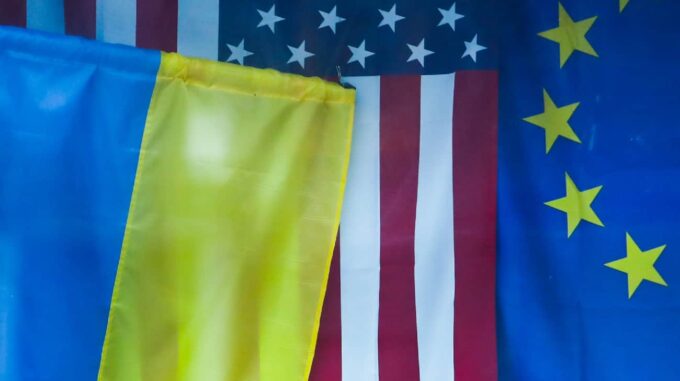Member of Parliament Yegor Chernev: Meeting within the NATO PA in the USA diverges from the core topic of the war in Ukraine

Egor Chernev, head of the Ukrainian permanente delegation to the NATO Parliamentary Assembly, provided an in-depth analysis of the recent session in Dayton, which for the first time in three years showed a decline in interest in the key issue — Russia's war against Ukraine. According to him, during targeted debates and discussions, American parliamentarians demonstrated significant restraint and a less active interest in supporting the Ukrainian position, indicating a certain shift in the approach of NATO partners with whom Ukraine must continue to cooperate. Chernev noted that in his impressions of the session, he observed an "ambiguous picture." His conclusion is based on the fact that although the Ukrainian issue remained present among speakers and a few reports were heard, the main focus shifted toward other historical aspects. Instead of concentrating on the ongoing war, participants more often touched on historical experiences — in particular, the signing of the Dayton Accords thirty years ago, which ended the armed conflict in Bosnia and Herzegovina. This served as a vivid reminder of lessons from the past; however, Chernev believes that this shift in emphasis symbolizes a change in the focus of NATO members. Another important point was the atmosphere during personal meetings. The head of the Ukrainian delegation noted that the meeting with American colleagues was not as warm and friendly as before. The contrast between the outcomes in the corridors and the open communication with European parliamentarians was obvious. "European counterparts, by the way, were also surprised by this shift in focus and the change in priorities made by the organizers of the cosmopolitan platform," Chernev remarked. Despite these nuances, the Ukrainian delegation was satisfied with the final declaration, which, according to Chernev, became yet another important document in the context of contemporary international processes. Among the positive moments, he highlights the rejection of ultimatums from the Kremlin, which suggested that Ukraine would allegedly not be able to join NATO. Chernev considers this a strong signal of support from allies and a hopeful sign for Ukraine’s eventual membership. Chernev concluded that, despite the shifts in focus and temporary difficulties, the NATO PA session overall was successful and beneficial for Ukraine. "We received confirmation — both in Europe and in the USA — that our positions are supported. Our American colleagues agreed that we need to continue working and support our course," he said. Recall that earlier reports appeared indicating that, due to uncertainty in US diplomatic circles related to internal political restructuring, possible compromises are being considered regarding the NATO summit format in The Hague, including the possibility of excluding Vladimir Zelensky from the invitation and Ukraine's direct participation. Meanwhile, official representatives of the US administration deny claims about confrontation and emphasize the stability and support for Ukraine in the form of planned consultations and future cooperation plans. Thus, the situation around international support for Ukraine remains uncertain and sparks discussions regarding future diplomatic steps. However, one thing is clear: Ukrainian diplomacy continues to strive toward strengthening integration with Western security structures and persistently advocates for its interests on the international stage, despite unsettling shifts in partner sentiments and priorities.

